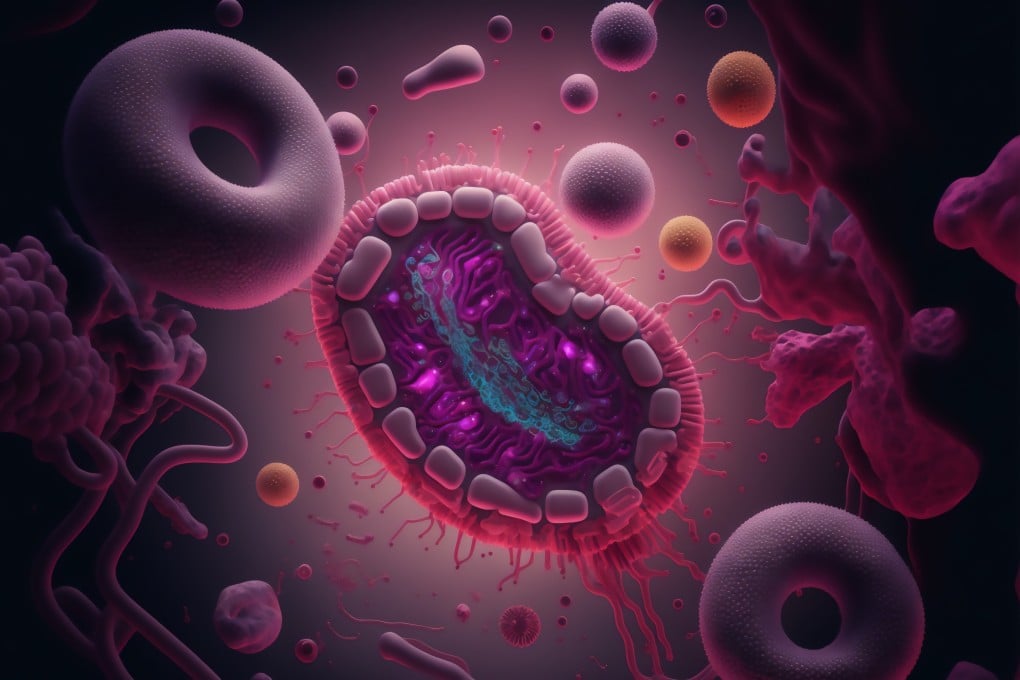Advertisement
Freezer full of faeces gets scientists closer to improving global gut health, biodiversity
- The biodiversity of human guts is greater in less developed regions than in the West. Harvesting frozen stools could help remedy diseases
Reading Time:4 minutes
Why you can trust SCMP

In Switzerland, a bold initiative is under way: the freezing of human faeces to preserve global biodiversity.
Advertisement
This isn’t just about safeguarding nature’s diversity of plants and animals – human gut biodiversity is also at stake.
“We have discovered that we are losing biodiversity in the gut,” says medical microbiologist Adrian Egli from the University of Zurich. “There is much more diversity in Amazon populations compared to those in the West. This has to do with stress, antibiotics and diet.”
“There are a thousand billion bacteria in one gram of stool, 125 times as many as there are people on the planet,” Egli says. “It’s unbelievable when you think about what lives inside you.” There are between 300 and 500 different species of bacteria in one person, he adds.

Now an international effort aims to conserve this biological treasure through a so-called Microbiota Vault, akin to a huge rescuers’ vault for human faeces.
Advertisement
Bacteria can survive for decades in a special solution, Egli says.

Advertisement